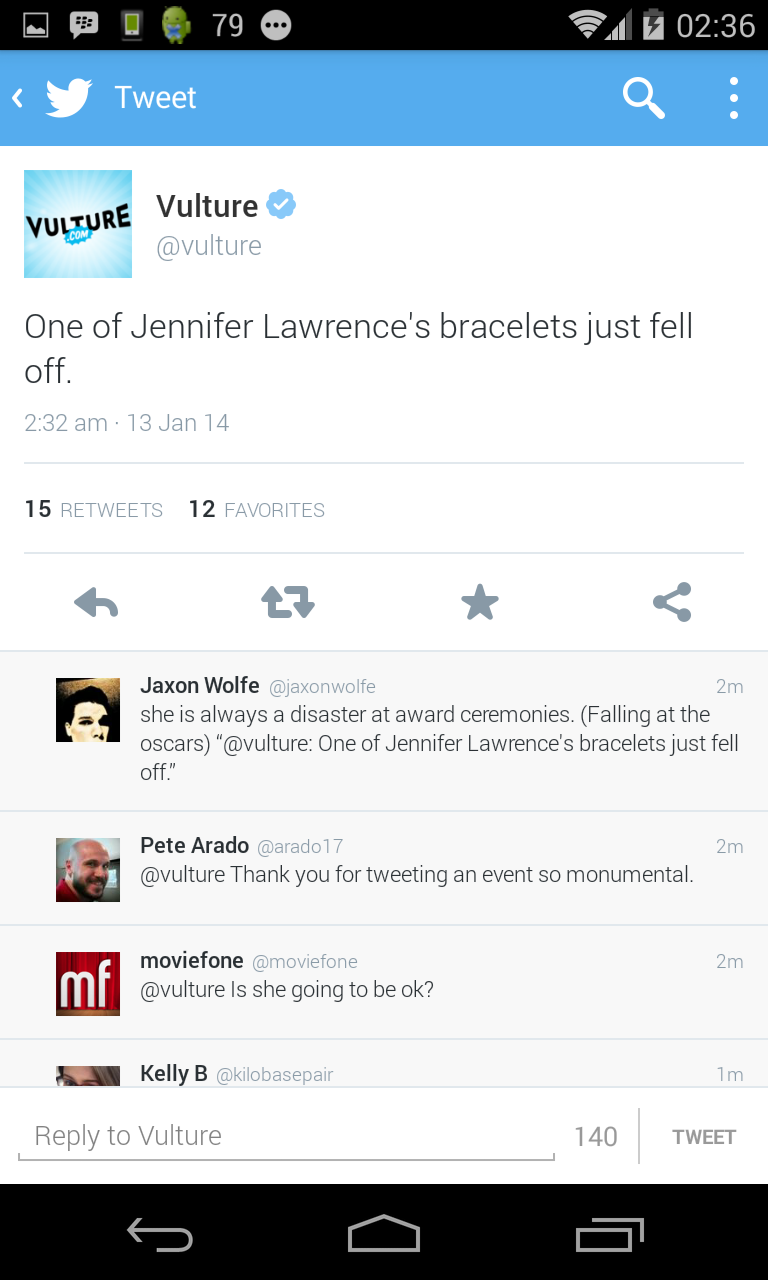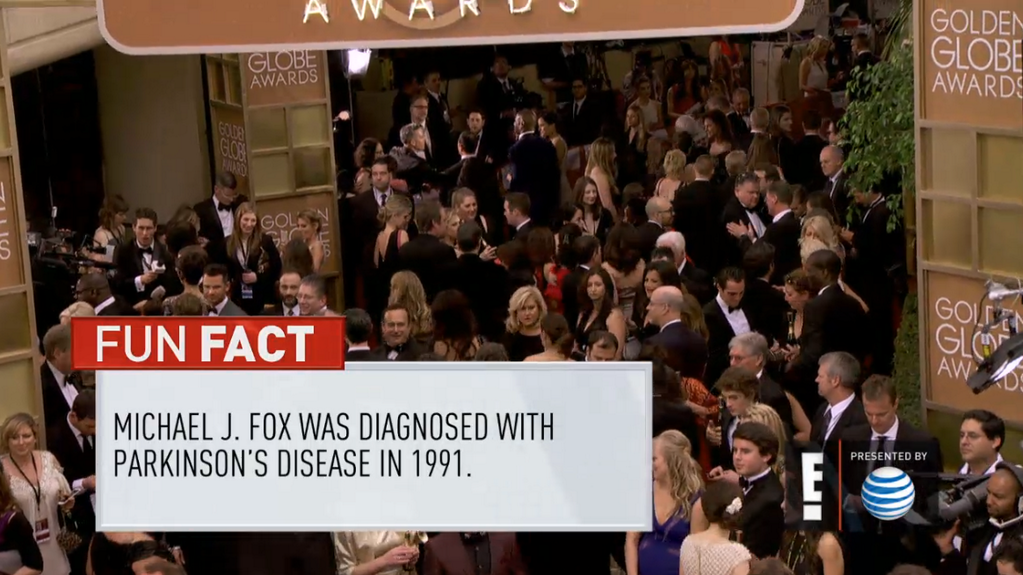I wrote a post for the New Statesman on using public shaming and digital “mob justice” – even when aimed at those people we consider to be wrong. I’m unconvinced of public shaming as a tactic, in terms of “justice” – since one would hope that enforcing justice is itself considered in moral terms; that we don’t assume moral immunity because we’re responding to an injustice, but rather maintaining morality even while maintaining justice – in an unjust and often horrible world.
I don’t doubt public shaming is effective – but efficacy must be measured alongside other perhaps equally effective, but more moral responses and so on. My concern is that we can’t control how others respond and this is especially telling when original offences – say making a racist joke – is less bad than responses – calls for raping the offender.
There’s a lot to focus on, but this currently is my position regarding public shaming. It doesn’t mean we never act, only act better.





